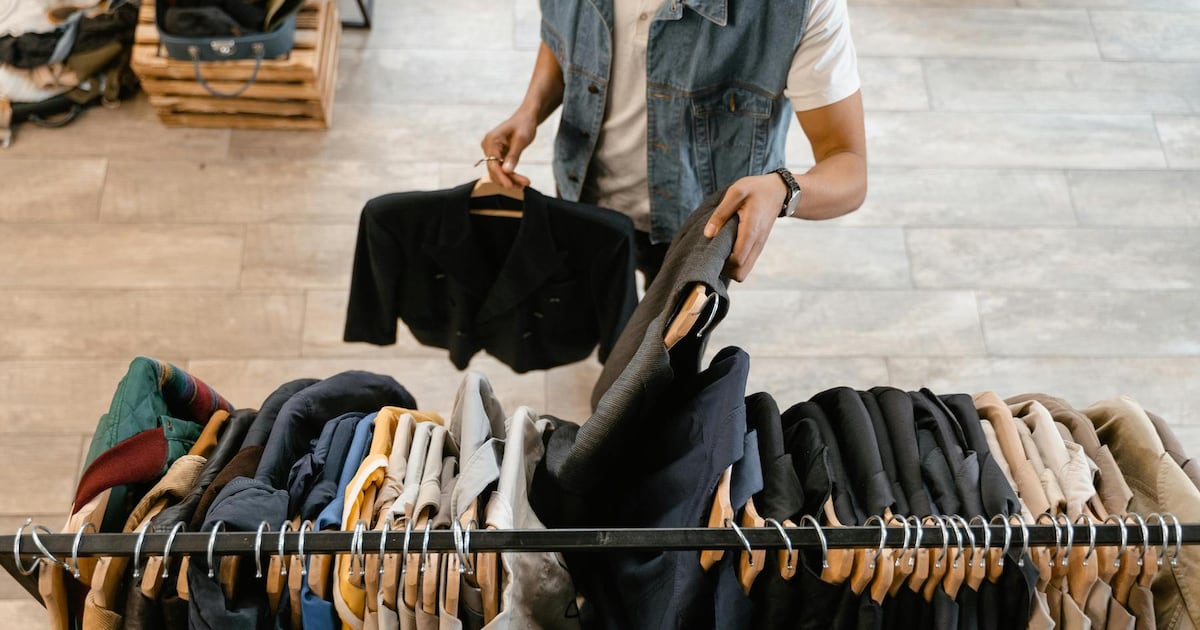UK retail sales rose unexpectedly on demand for consumer tech including the new iPhone, a welcome boost for the new government after it was accused of hurting sentiment with warnings of tax rises in this monthâs budget.
The volume of goods sold in stores and online increased 0.3 percent, rising for a third consecutive month, the Office for National Statistics said Friday. That was slower than the 1 percent increase in the previous month, but considerably better than the 0.4 percent decline predicted by economists surveyed by Bloomberg.
Though the effect is likely to be limited, the surprise figures at least mean that Prime Minister Keir Starmerâs government will avoid another round of criticism about negative data in the run up to the Oct. 30 budget. Chancellor of the Exchequer Rachel Reevesâ warnings about âtough measuresâ â expected to be tax rises and spending cuts â needed to fix the public finances were blamed for consumer confidence slumping at the fastest pace in 2 1/2 years last month.
The pound extended gains and was headed for its best weekly jump against the euro this year. UK bonds dropped, underperforming German peers, and money markets held on to bets that the Bank of England will cut rates by a quarter point in November, with a 60% chance of another reduction in December.
September was a big month for technology retailers, with Apple Inc.âs newest iPhone 16 going on sale. Googleâs Pixel 9 lineup, which like the iPhone leans into the use of artificial intelligence, was launched in August.
âThe telecommunications and computer sectors were the key contributors to the growth in non-food sales,â said Greg Zakowicz, senior e-commerce expert at Omnisend. The new iPhone, Apple Watch and AirPods were âspurred a significant uptick in consumer demand,â he said.
Retail sales volumes posted an annual rise of 3.9 percent, the strongest since February 2022. Theyâre now at their highest level in more than two years, and only 0.2 percent below pre-pandemic levels.
But while consumers bought more tech and clothing, this was partly offset by a 2.4 percent decline in supermarket sales, the largest monthly fall for food stores this year. That was in part due to poor weather keeping people away from shops, according to the ONS.
The UK saw above average rainfall last month, with some regions recording their wettest September on record, according to Met Office data. Sunshine duration and temperatures also dropped below their normal levels.
The ONS data comes after separate figures from the British Retail Consortium showed retail sales grew at the strongest rate in six months in September. Consumers splashed on autumn clothing and computers ahead of the new school year, while holding back on big-ticket items like furniture, the BRC said.
Households are still cautious with their spending. Consumers are cutting back on luxury food items and delaying big ticket purchases to save money in the run-up to Christmas, according to Kris Hamer, director of insight at the BRC.
âThe back-to-school rush carried retail sales momentum into September,â said Phil Monkhouse, UK country manager at financial services firm Ebury. Still, he added that âconsumer confidence remains shaky ahead of the âpainfulâ Autumn budget later this month, with rumors swirling on significant policy and tax changes, stoking unease among shoppers.â
By Irina Anghel
Learn more:
UK Retail Sales Rebound in May but Shoppers Still Cautious
Sales volumes rose 2.9 percent in May, up from a revised 1.8 percent fall in April, the Office for National Statistics said.

